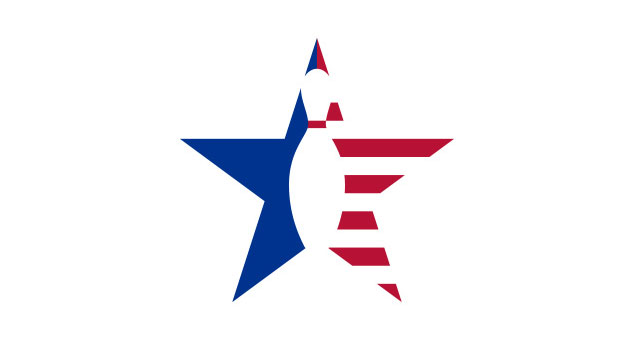Eras end, begin anew

If you happened to be in our nation's 49th state on May 15, you had the opportunity to buy a gallon jug of Frank's Red Hot wing sauce, a package of margarita salt, and hundreds of used bowling pins.
![]() Lucky Strike Lanes — not part of the chain of bowling lounges, but a 49-year-old center formerly known as Park Lanes in the depressed Mountain View neighborhood of Anchorage — had closed for business, and virtually everything in the building was for sale.
Lucky Strike Lanes — not part of the chain of bowling lounges, but a 49-year-old center formerly known as Park Lanes in the depressed Mountain View neighborhood of Anchorage — had closed for business, and virtually everything in the building was for sale.
Used bowling balls... soda fountains... a large Coca-Cola sign... house shoes.
Lots of house shoes... most of which were purchased by the owner of Jewel Lake Bowl in South Anchorage.
Alaska has not been immune to bowling's steadily declining league base. In the end, Lucky Strike was down to 950 league bowlers.
In 2009, new owners did their best to jump-start interest in the facility by bringing the Beach Boys to town for a surprise concert in the center's parking lot. Numerous other promotions — Neon Bowling, karaoke contests, dinner specials, two-for-one bowling — were tried, but the center couldn't generate enough business to sustain itself.
But on the same day that Lucky Strike Lanes auctioned off much of its past, a center in America's 50th state gained new life.
Pali Lanes, on the island of Oahu, closed last December, a victim of the economic downturn that greatly impacted tourism. It was one of only three civilian bowling centers left on Oahu.
But on May 15, new owners Art Machado, Chuck Webb and Gary Darling celebrated the reopening of Pali Lanes with a dedication and blessing ceremony. The partners have a lease on the building that extends into 2012.
Meanwhile, in Lafourche Parish, La., a 1960s-era bowling center gained new life of another kind.
Thunder Bowl, formerly known as Gator Bowl, had its wooden lanes resurfaced.
Normally, that would not be news, even as synthetic lanes continue to gain market share. But according to sources, the lanes at Thunder Bowl had not been resurfaced for at least 20 years.
"It needed to be done," said owner Buster Lagarde, who bought the center six years ago.





